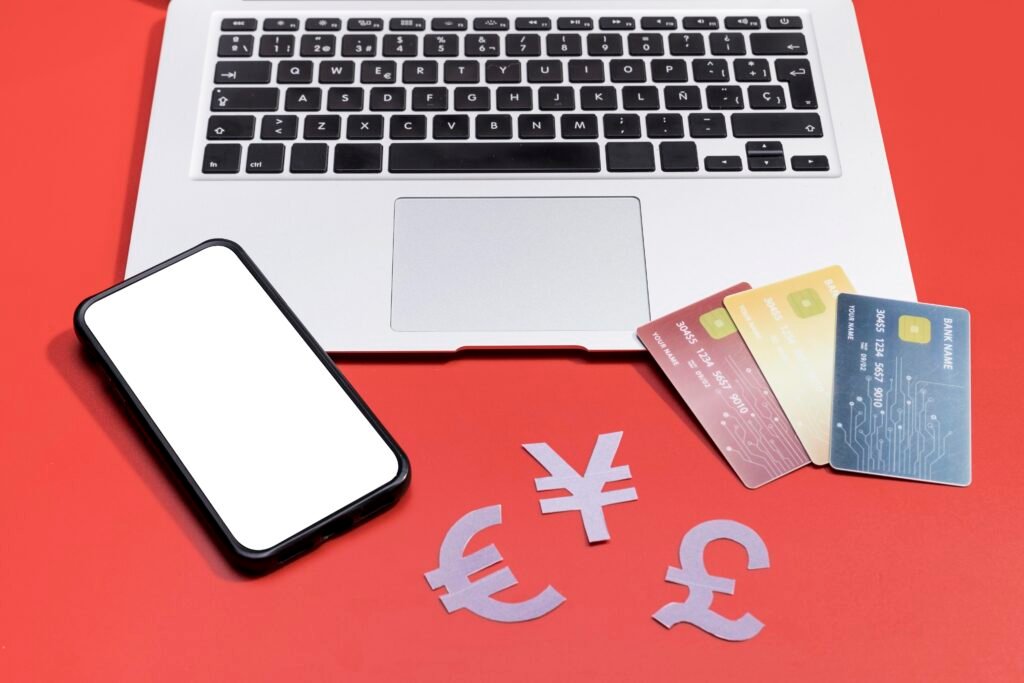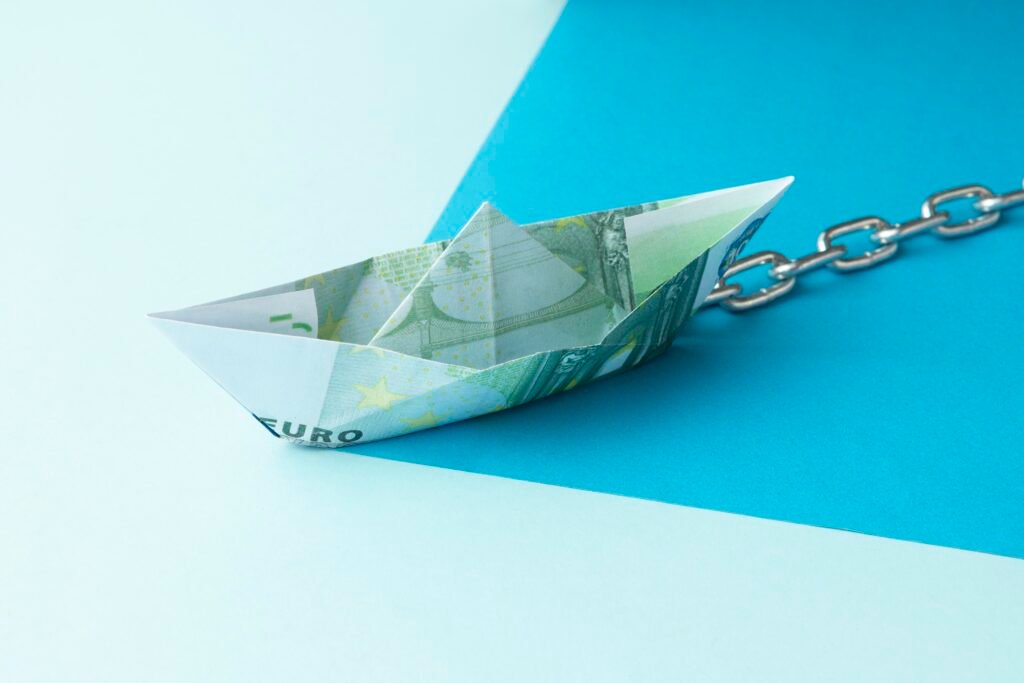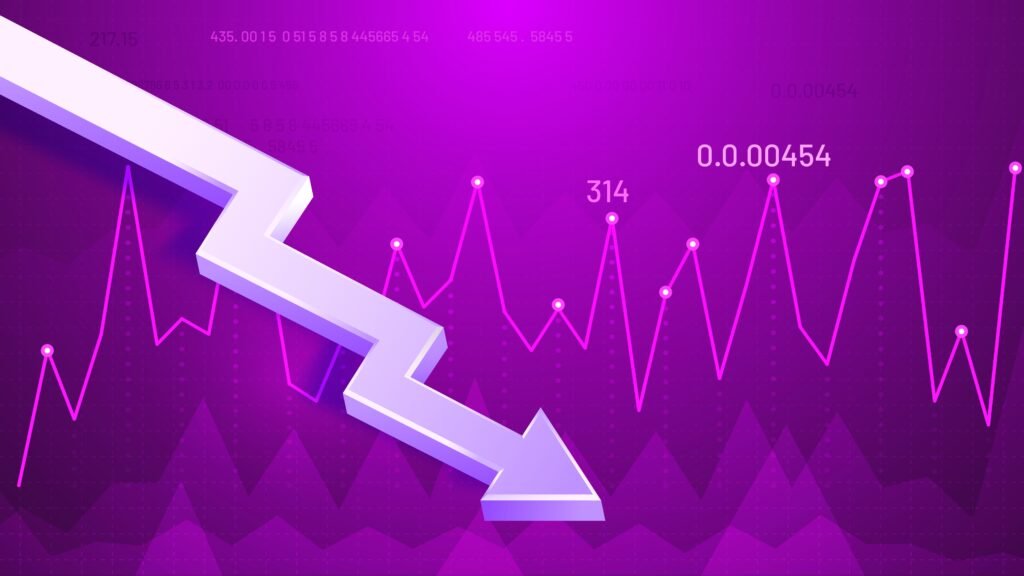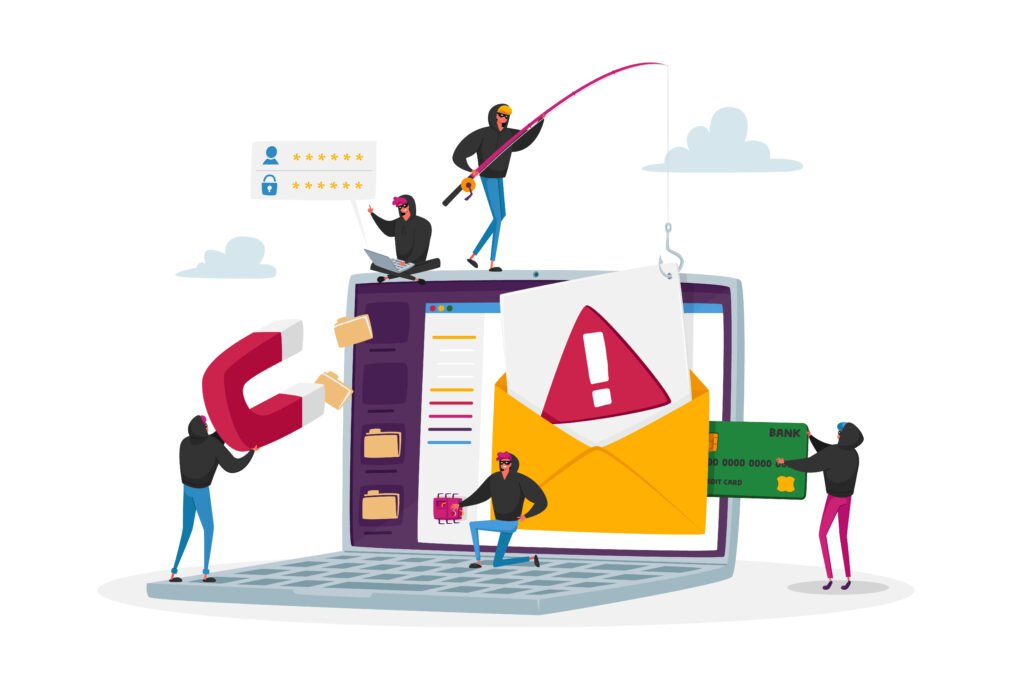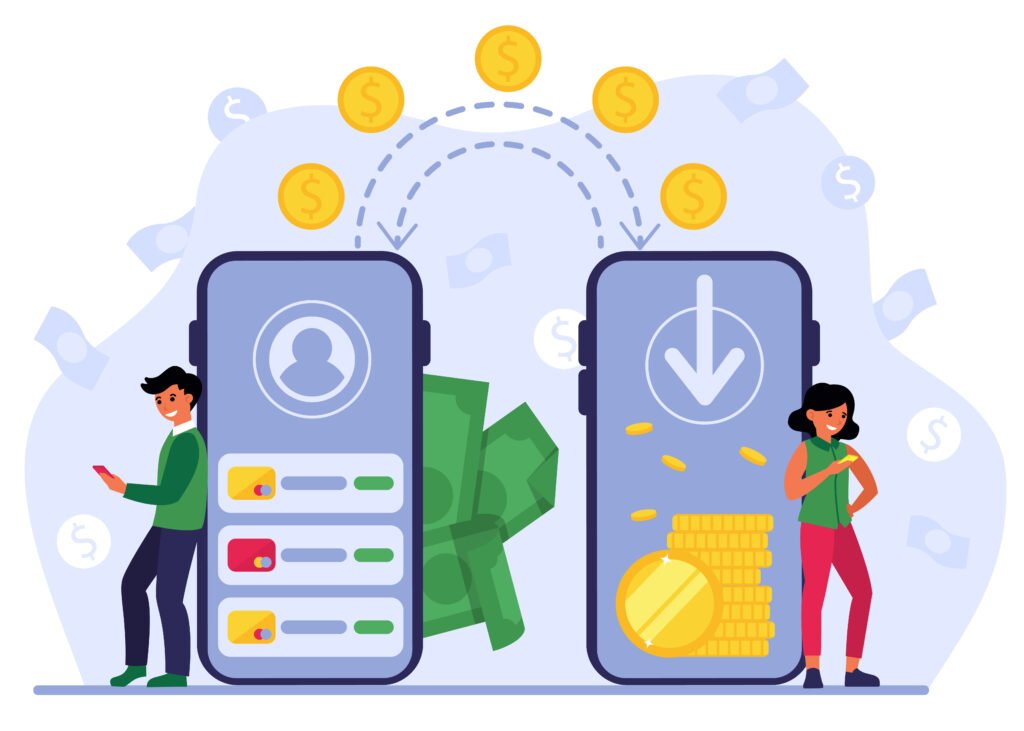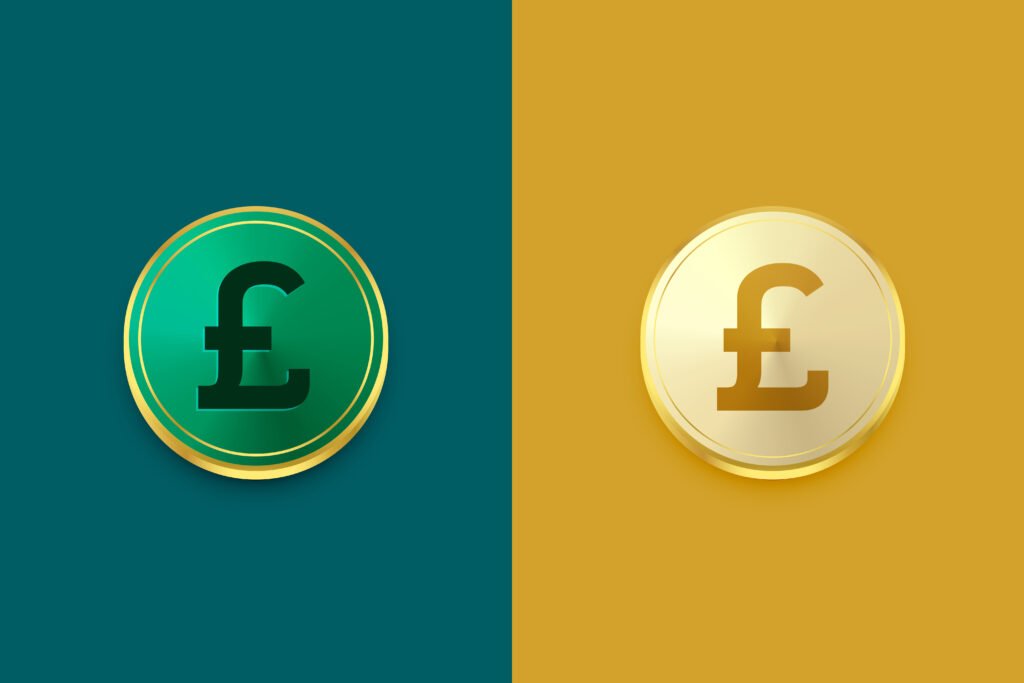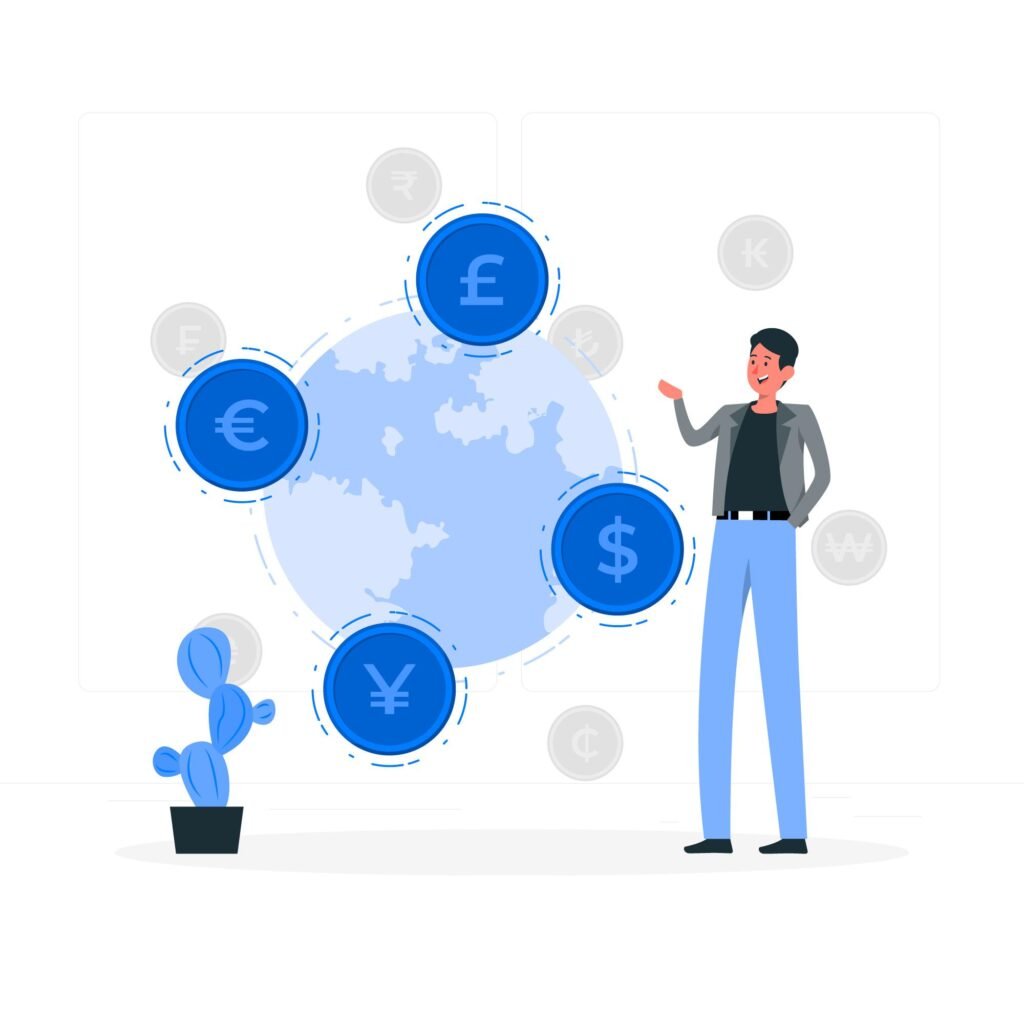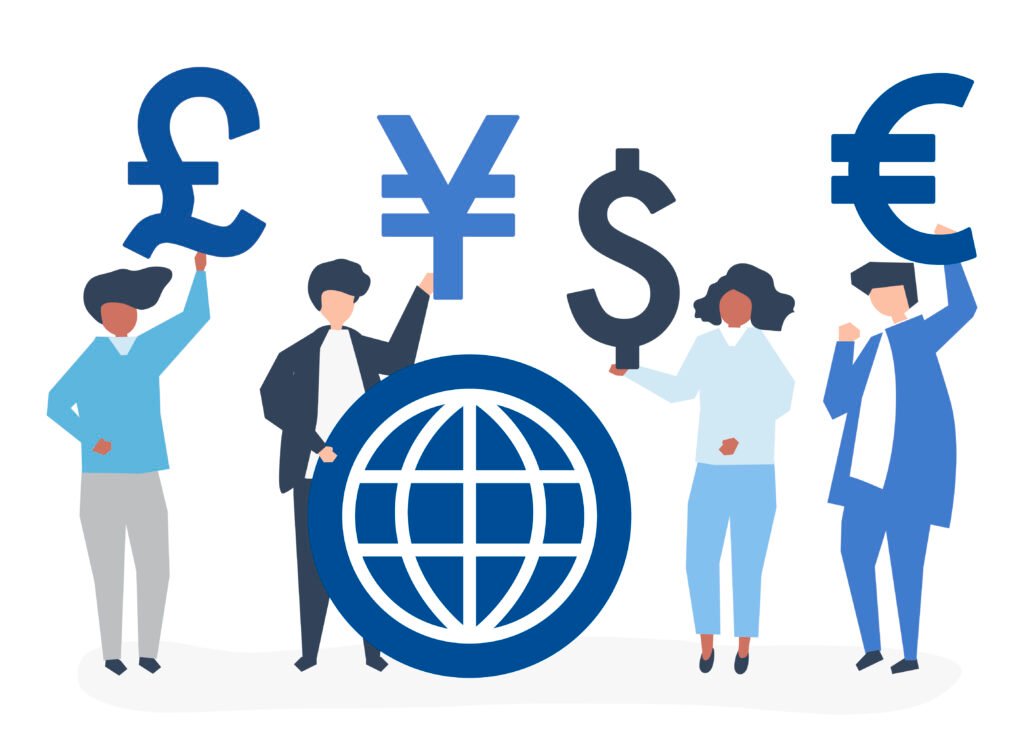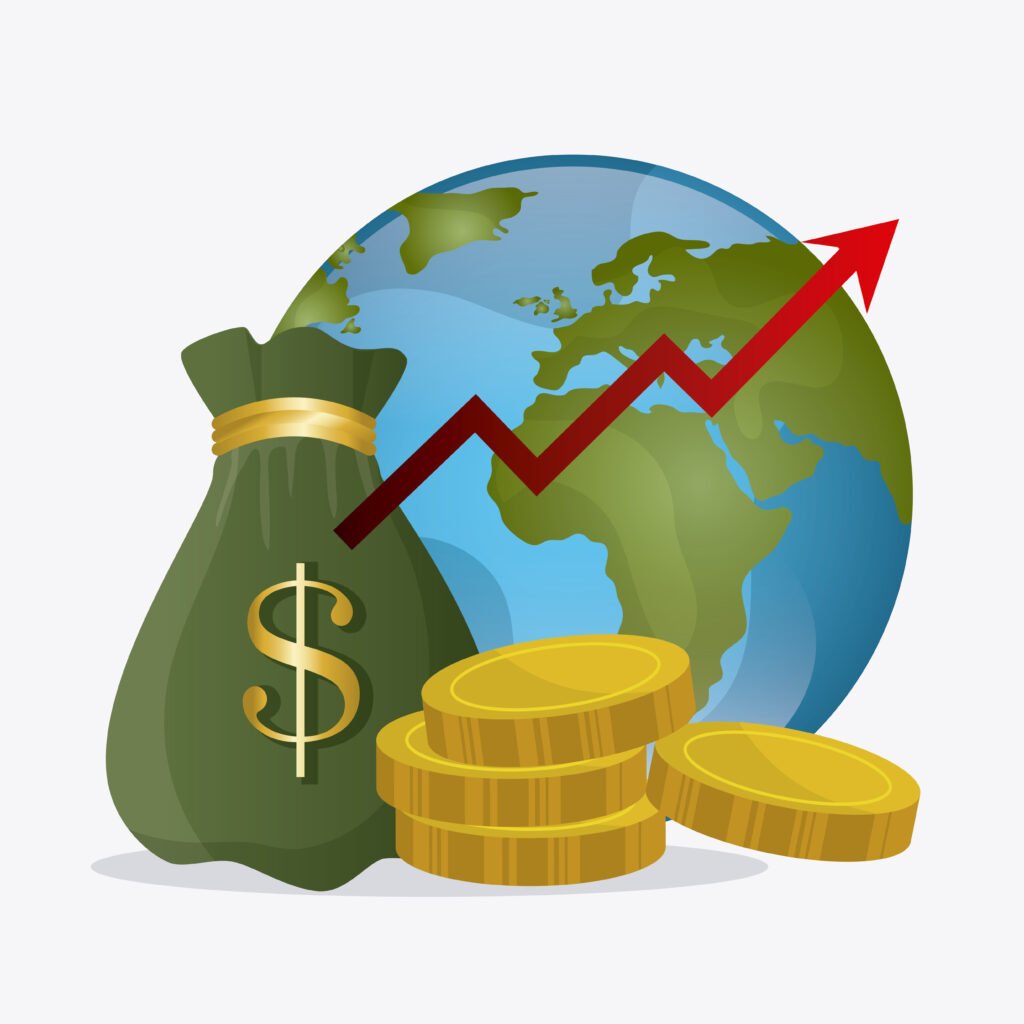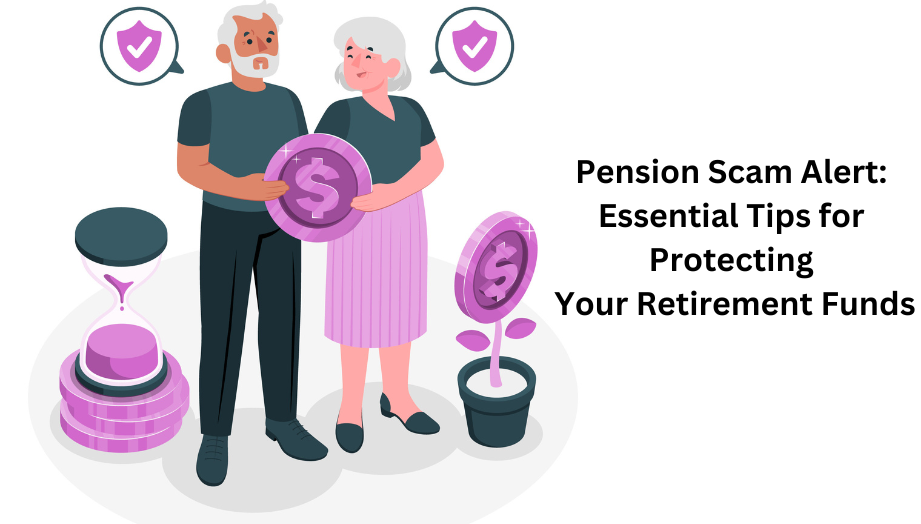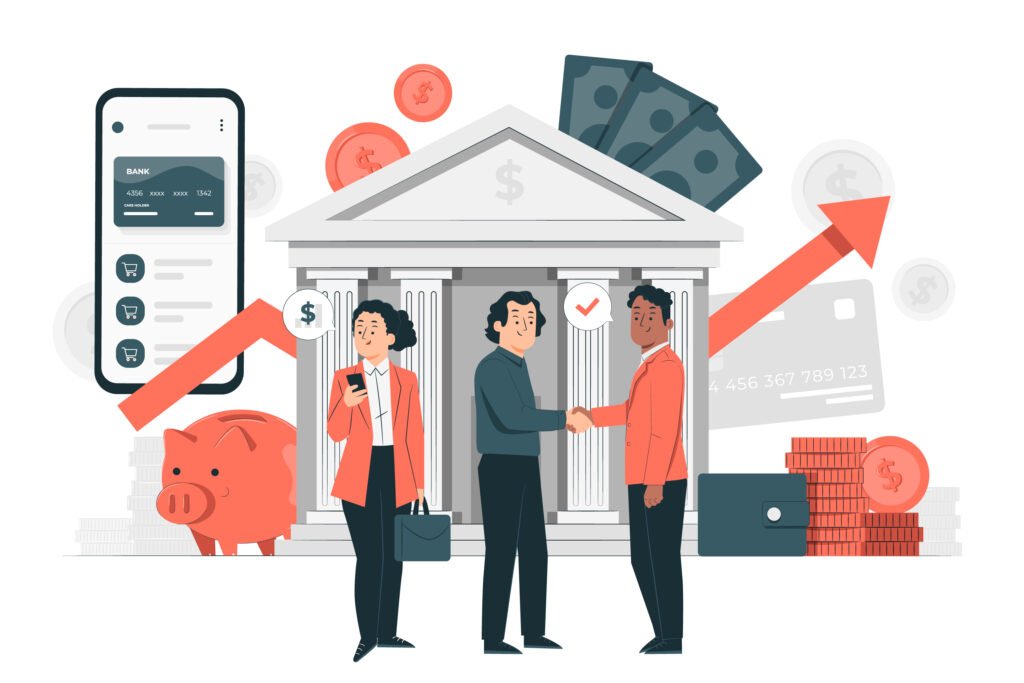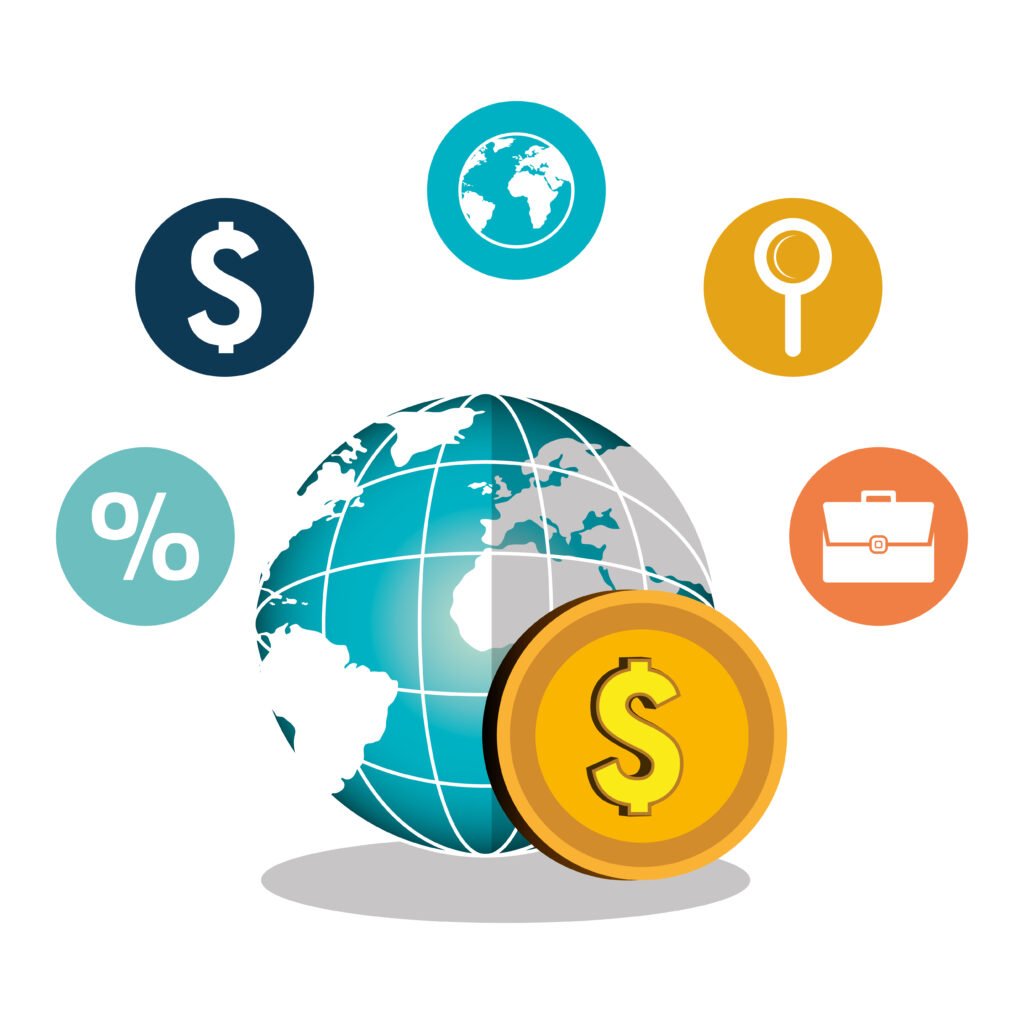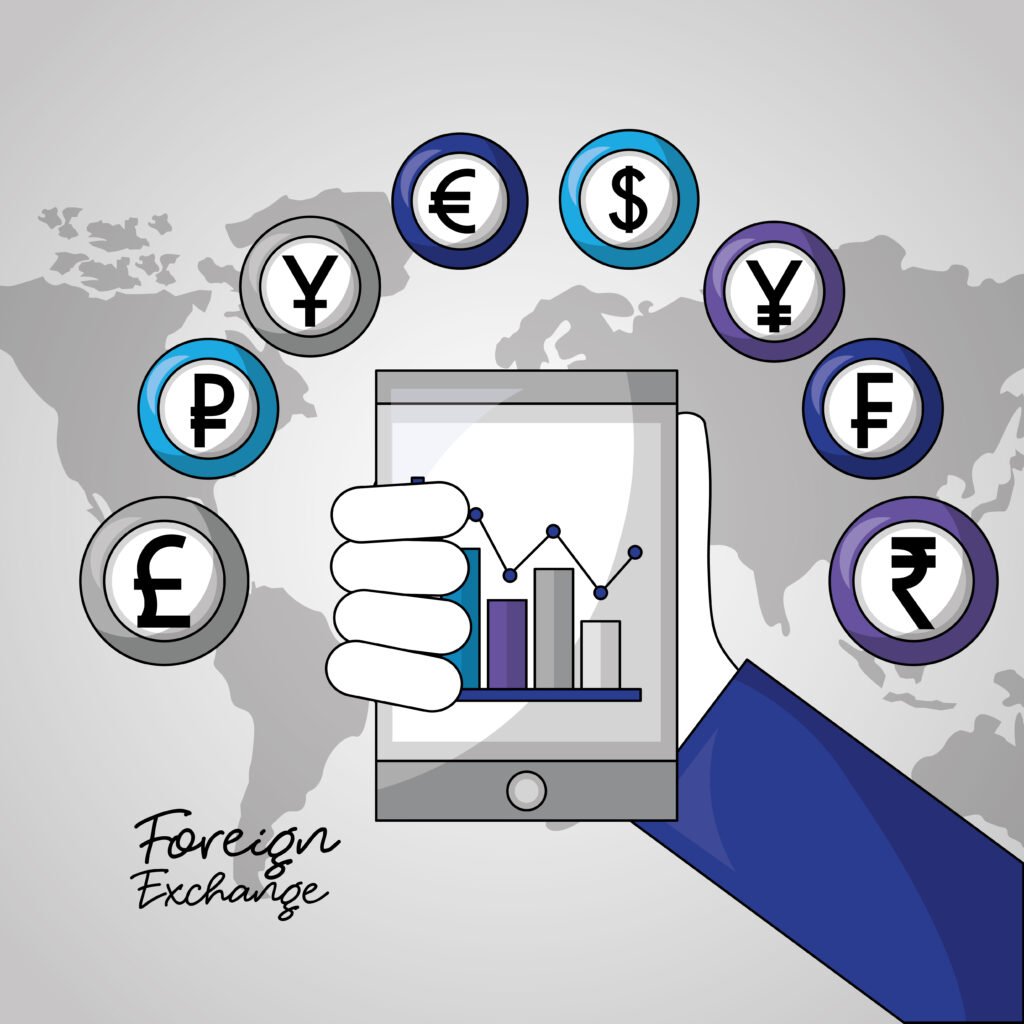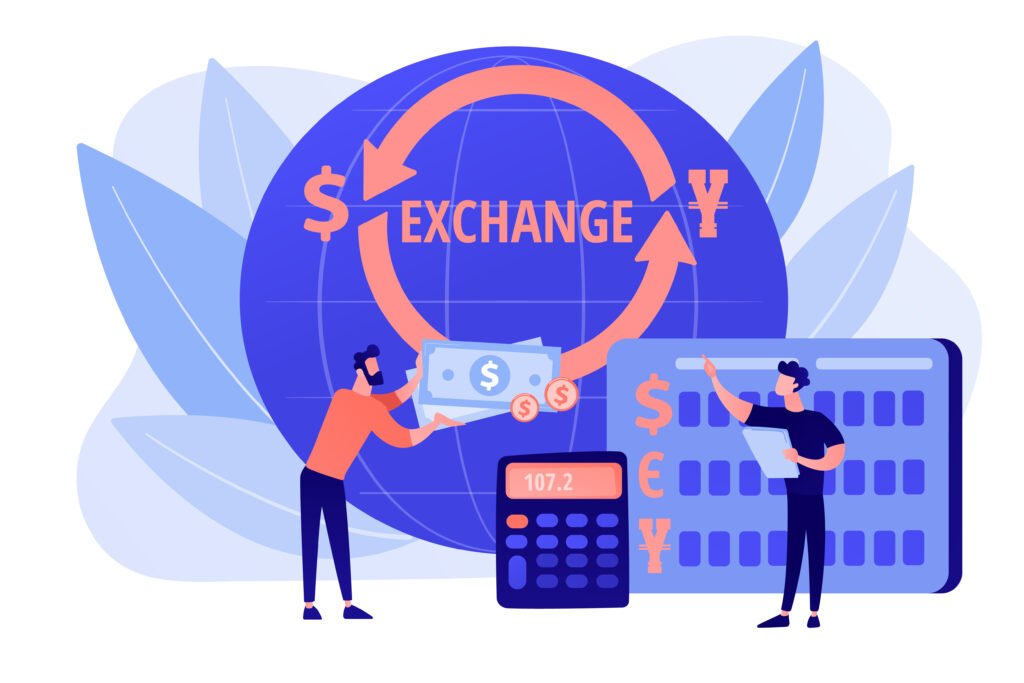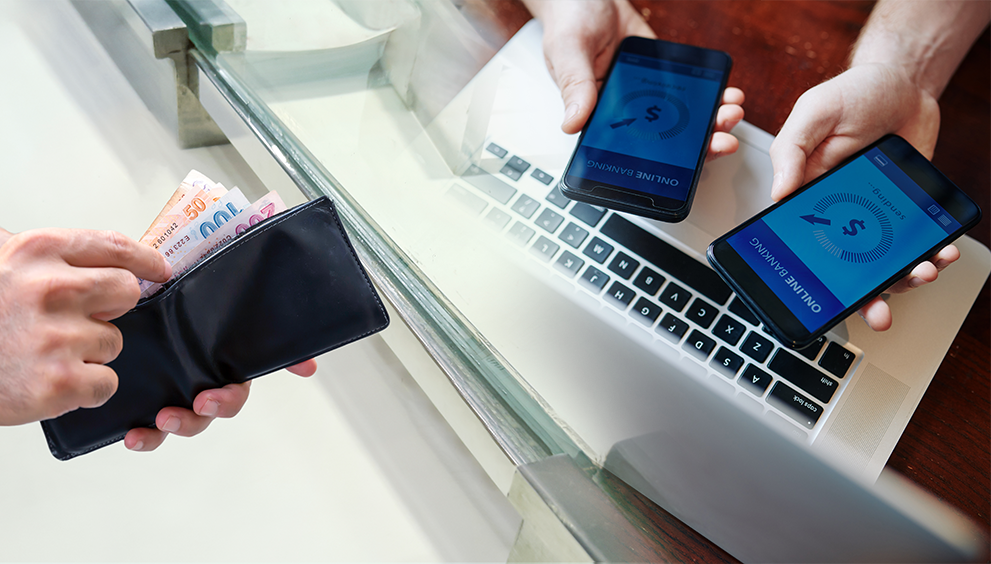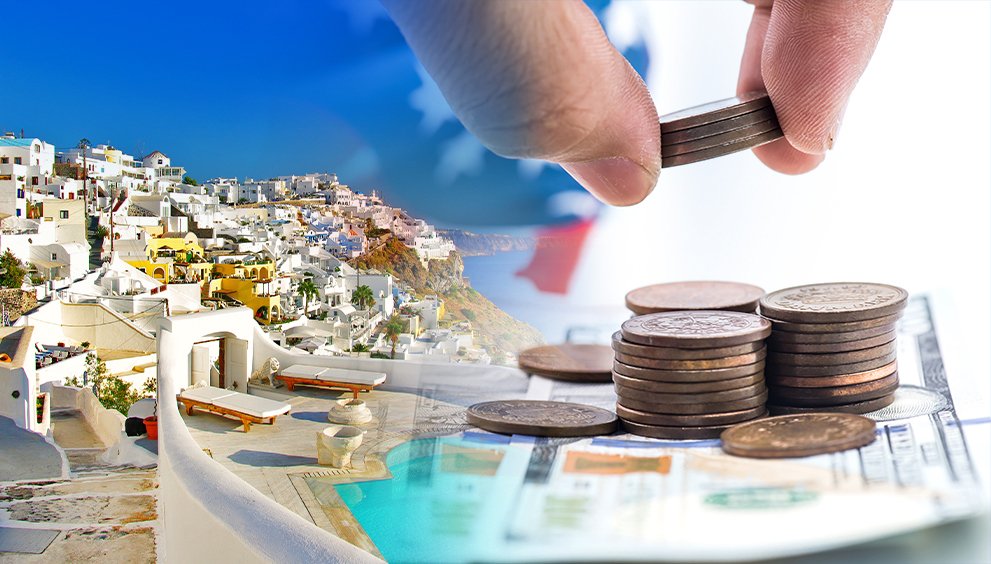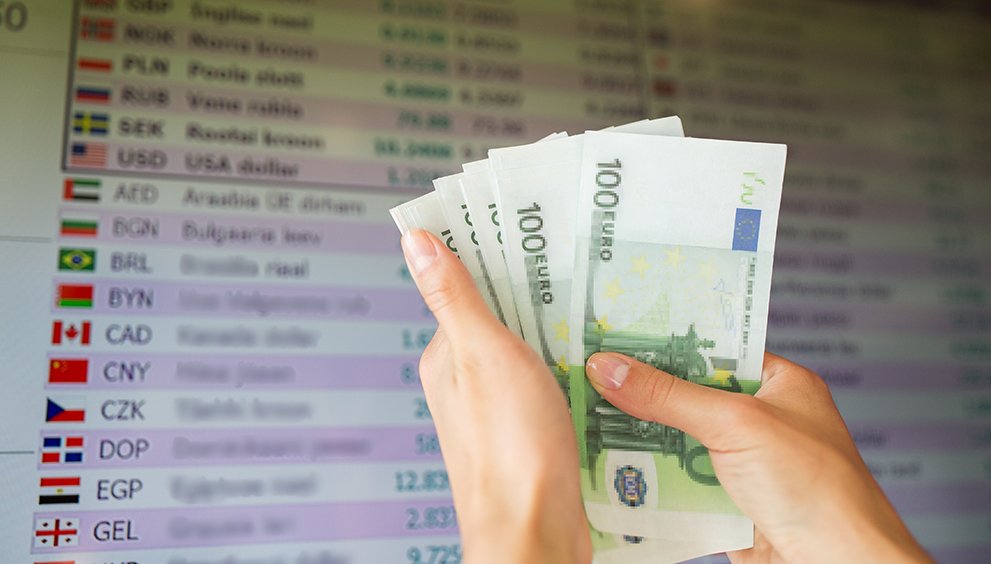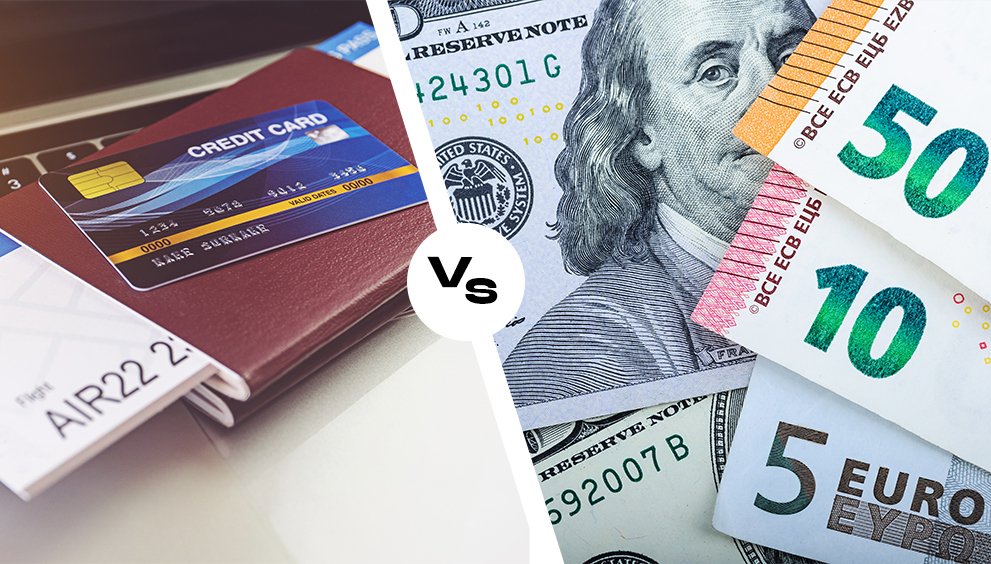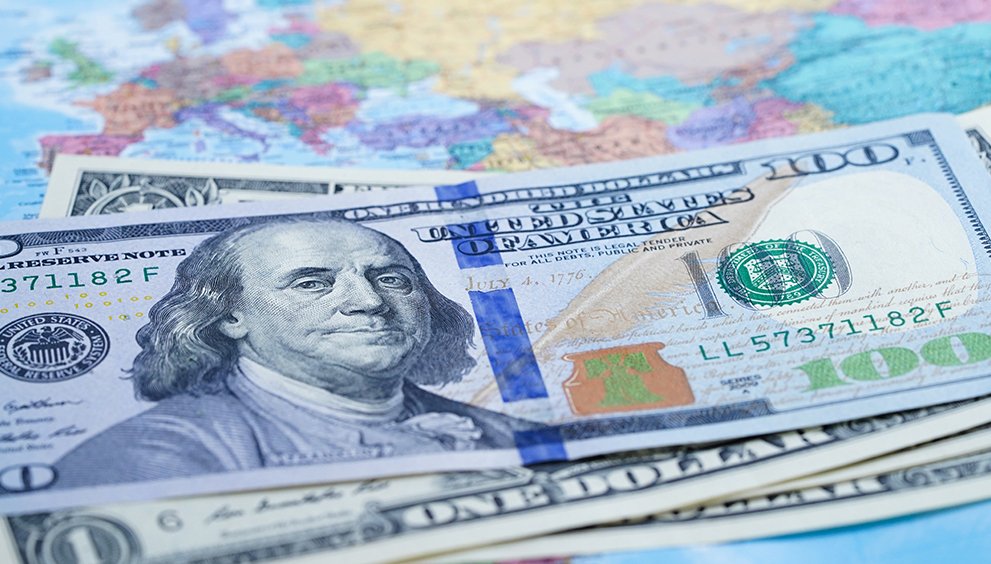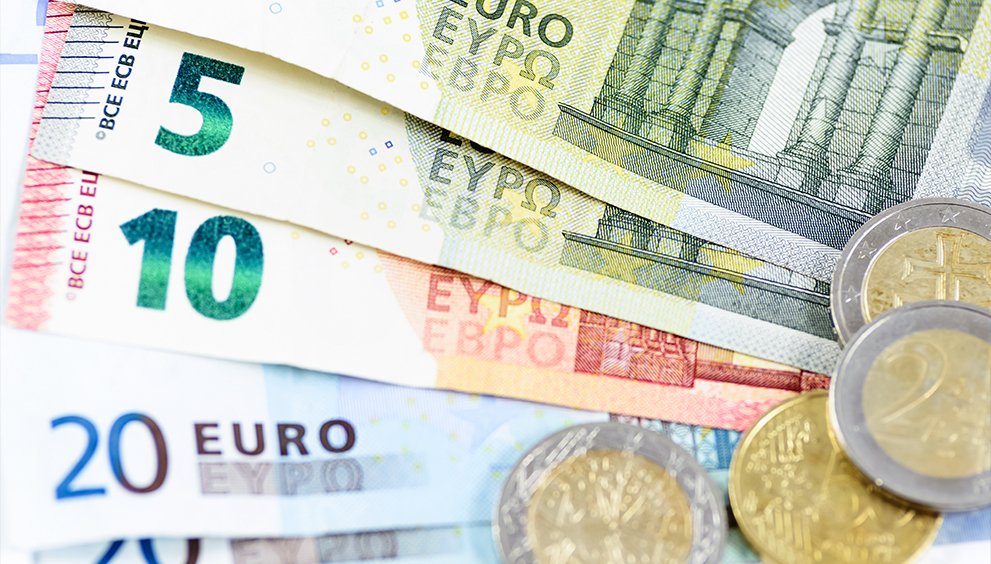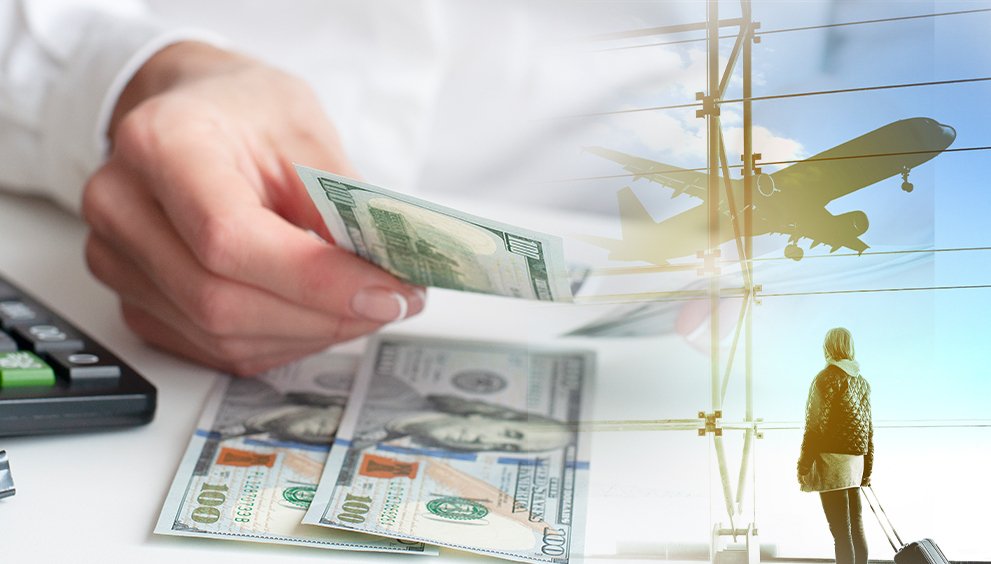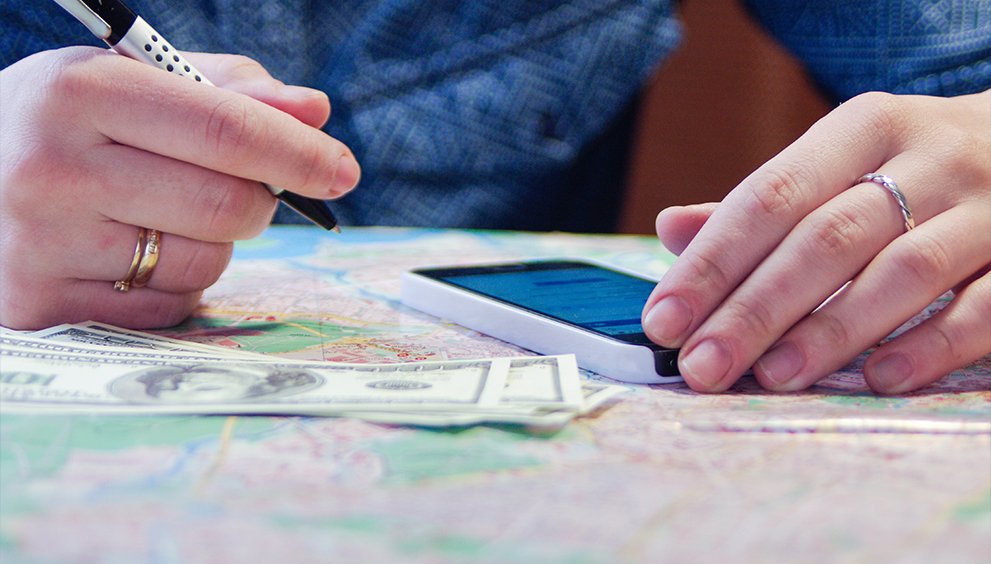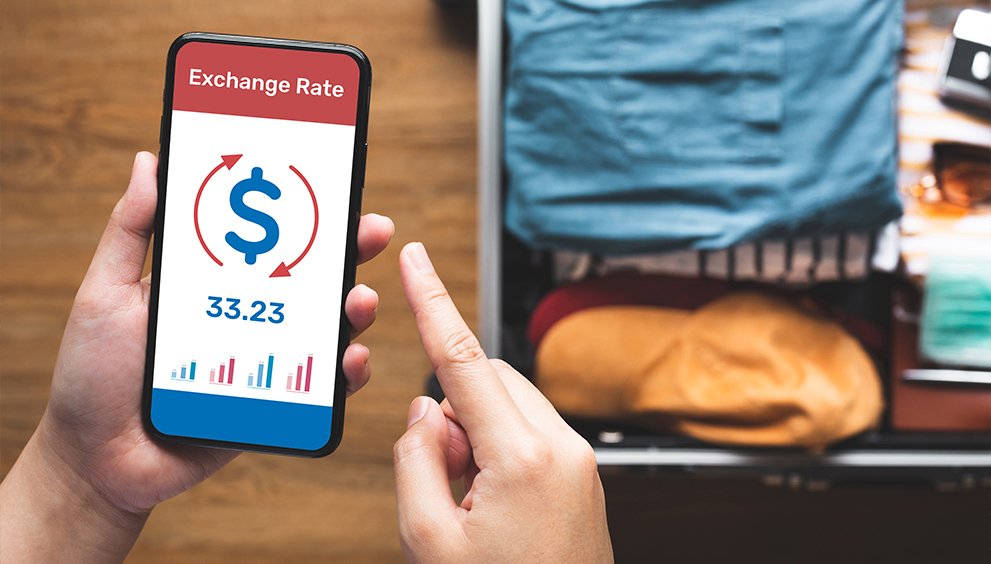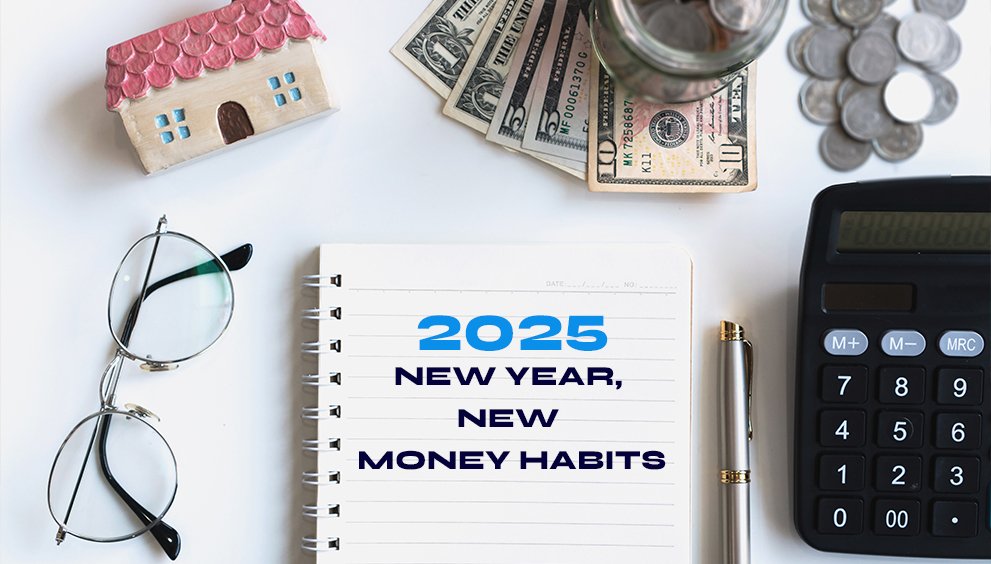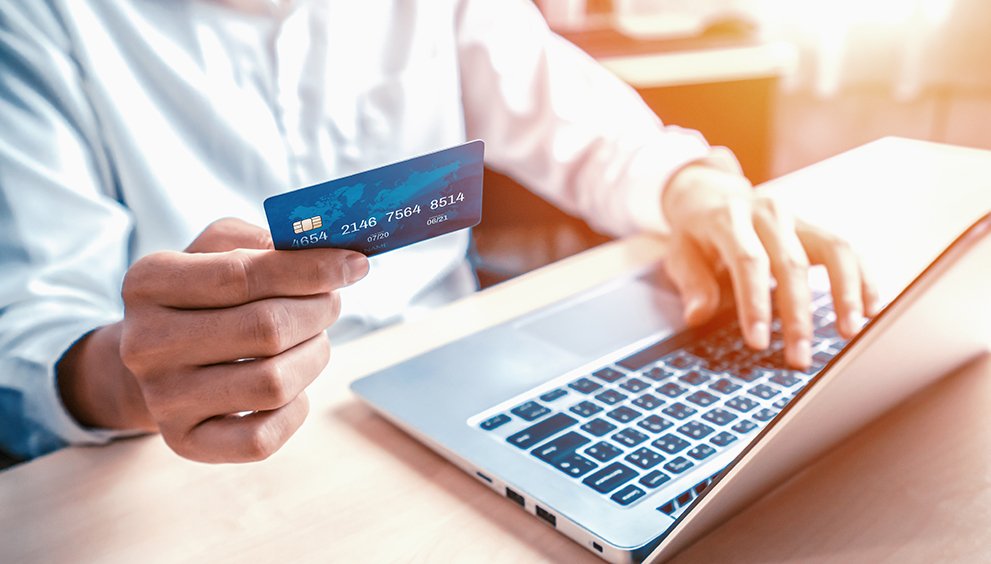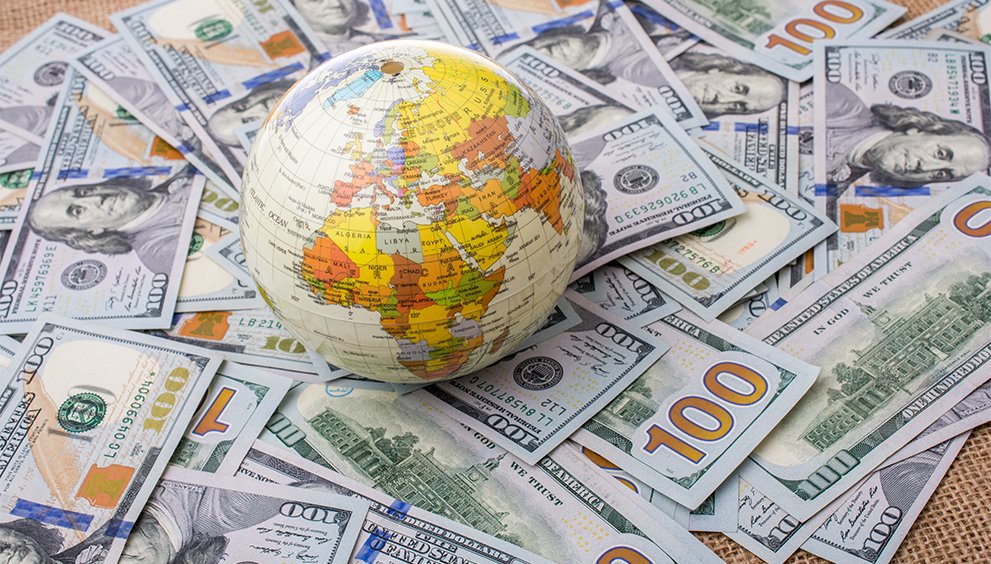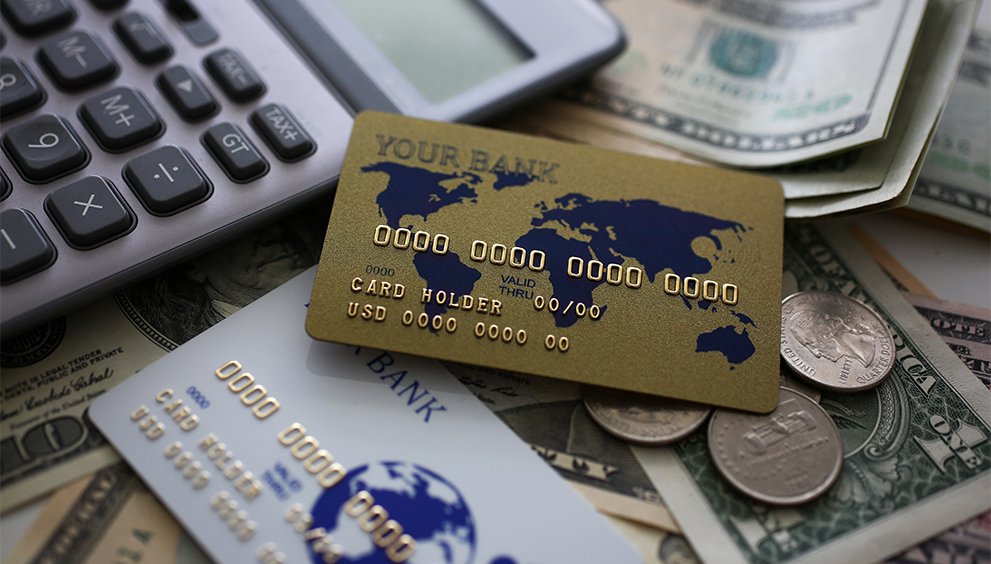Digital Nomads and Currency Exchange: Managing Finances Abroad
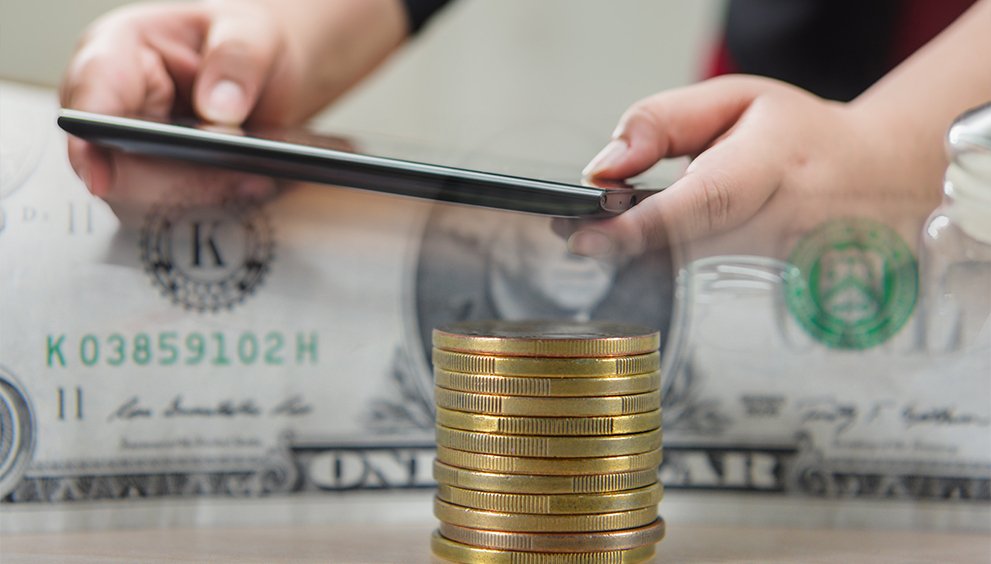
Being a digital nomad comes with endless perks—freedom to work from anywhere, experiencing different cultures, and creating a work-life balance that fits your lifestyle. But managing finances while working in various countries isn’t always straightforward. Between navigating currency exchange, avoiding hidden fees, and budgeting in multiple currencies, there’s a lot to handle.
If you’re a digital nomad or planning to become one, this guide will walk you through the best ways to manage your finances, save on currency exchange, and maintain financial stability while living and working abroad.
1. Understand the Basics of Currency Exchange
Currency exchange is the process of converting one country’s currency to another. The rate at which this happens is called the exchange rate, and it fluctuates based on global markets, economic conditions, and supply and demand.
Key Terms to Know:
- Mid-Market Rate: This is the “true” exchange rate banks use when trading currencies. It’s the fairest rate you can get.
- Retail Rate: This is the rate you’ll encounter as a consumer. It often includes a markup added by banks or exchange services.
- Fees: These include transaction fees, ATM withdrawal fees, and hidden charges built into poor exchange rates.
By understanding how these factors work, you can make better financial decisions and avoid costly mistakes while traveling.
2. Open a Multi-Currency Bank Account
As a digital nomad, managing multiple currencies is essential, especially if you’re working with clients or employers from different countries. Multi-currency accounts allow you to hold and manage funds in various currencies without constantly converting back and forth.
Why It’s a Game-Changer for Digital Nomads:
- Avoid Frequent Conversions: Save money by keeping funds in the currency you’re earning or spending.
- Simplified Payments: Get paid in your clients’ currency and pay for expenses locally without additional fees.
- Access Competitive Rates: Platforms like Wise (formerly TransferWise), Revolut, and Payoneer often offer mid-market rates with transparent fees.
Popular Multi-Currency Accounts for Digital Nomads:
- Wise (formerly TransferWise): Low fees and mid-market rates for transfers and currency management.
- Revolut: A digital wallet with multi-currency support and added perks like budgeting tools.
- Payoneer: Ideal for freelancers working with international clients, offering simple invoicing and payment solutions.
3. Use Credit Cards with No Foreign Transaction Fees
Credit cards can be one of the easiest and most cost-effective ways to pay for expenses abroad. Many cards offer competitive exchange rates and waive foreign transaction fees, saving you money on every purchase.
Top Features to Look For:
- No Foreign Transaction Fees: Cards like the Chase Sapphire Preferred or Capital One Venture Rewards waive these fees, which can save you 1-3% on every transaction.
- Rewards and Perks: Earn points or cashback on your travel and daily expenses.
- Global Acceptance: Visa and Mastercard are widely accepted, but check ahead for remote locations.
Pro Tip:
Always pay in the local currency when using your credit card. If a merchant offers to charge you in USD, decline—it’s likely to include a markup through dynamic currency conversion (DCC).
4. Strategically Withdraw Cash from ATMs
While digital payments are becoming more common, cash is still king in many parts of the world. From street markets to small cafes, having local currency on hand is essential.
How to Minimize ATM Fees:
- Choose ATMs from Major Banks: Bank-affiliated ATMs often have lower fees and better exchange rates than standalone or private ATMs.
- Use Cards That Reimburse ATM Fees: Some banks, like Charles Schwab and Fidelity, offer fee-free international withdrawals.
- Withdraw Larger Amounts: Reduce the frequency of withdrawals to minimize fees.
Pro Tip: Notify your bank of your travel plans to avoid having your card flagged for suspicious activity.
5. Get Paid in the Right Currency
As a digital nomad, your income may come from clients or platforms in different countries. Getting paid in the right currency can save you from unnecessary conversion fees and unfavorable rates.
Options for Receiving Payments:
- Direct Bank Transfers: Use a multi-currency account to receive payments in the same currency as your client.
- Freelance Platforms: Platforms like Upwork and Fiverr allow you to withdraw earnings in various currencies, but watch for high withdrawal fees.
- Payment Services: PayPal and Payoneer are popular options but may charge higher fees for currency conversion.
Pro Tip: If you’re invoicing clients, ask them to pay you in the currency of your multi-currency account to avoid conversion fees.
6. Plan for Currency Fluctuations
Exchange rates fluctuate constantly, and even small changes can affect your income and expenses over time. As a digital nomad, it’s essential to monitor rates and plan for these fluctuations.
How to Stay Ahead:
- Set Rate Alerts: Use apps like XE Currency to get notified when exchange rates improve.
- Budget for Changes: Build a buffer into your budget to account for unfavorable shifts in exchange rates.
- Lock in Rates: Some multi-currency platforms let you lock in rates for future transfers, which can help protect your finances.
7. Budget in Local Currencies
When managing your finances abroad, it’s easy to lose track of how much you’re spending if you’re constantly converting back to USD. Budgeting in the local currency helps you stay grounded in the actual cost of living where you are.
Tools to Help:
- Expense Tracking Apps: Apps like Trail Wallet, Nomad Wallet, or Revolut make it easy to track spending across currencies.
- Know the Local Prices: Research average costs for food, transportation, and housing in your destination to set realistic spending limits.
Pro Tip: Carry small bills and coins for local transactions, as some places may not have change for larger denominations.
8. Avoid Airport Exchange Counters
Currency exchange counters at airports are convenient but expensive. They often offer poor exchange rates and charge high fees, eating into your travel budget.
If you must exchange cash at the airport, only do so for small amounts to cover immediate expenses like transportation. For larger exchanges, use banks or ATMs once you’ve arrived.
9. Embrace Digital Wallets and Payment Apps
Digital wallets like Apple Pay, Google Pay, and PayPal are gaining popularity worldwide. They’re secure, convenient, and often reduce the need for physical cards or cash.
Advantages of Digital Wallets for Digital Nomads:
- Security: Transactions are encrypted, reducing the risk of fraud.
- Global Use: Many businesses, especially in urban areas, accept digital payments.
- Seamless Transfers: Easily send and receive money across borders.
Pro Tip: Always have a backup payment method in case digital payments aren’t accepted in certain areas.
10. Track Expenses for Tax Purposes
As a digital nomad, managing your finances isn’t just about saving on currency exchange—it’s also about staying organized for tax season.
How to Stay Tax-Ready:
- Separate Business and Personal Expenses: Use different accounts or cards for work-related expenses.
- Keep Detailed Records: Save receipts, invoices, and transaction logs.
- Consult a Tax Professional: Depending on your residency and income sources, you may have unique tax obligations as a digital nomad.
11. Plan for Emergencies
No matter how prepared you are, emergencies can happen. From unexpected fees to lost cards, having a backup plan is crucial.
Emergency Strategies:
- Backup Credit Card: Keep a second card in case your primary one is lost or blocked.
- Emergency Fund: Maintain a reserve in a universally accepted currency like USD or euros.
- Know Local Resources: Research nearby banks, embassies, and trusted currency exchange providers in your area.
12. Stay Informed About Currency Trends
As a digital nomad, staying informed about currency trends can help you make smarter financial decisions. Exchange rates, geopolitical events, and economic policies can all impact the value of your money.
How to Stay Updated:
- Follow financial news and updates for the currencies you use most often.
- Use apps like XE or OANDA to monitor rate fluctuations.
- Join online communities or forums where other digital nomads share insights and advice.
Final Thoughts
Managing finances as a digital nomad requires planning, flexibility, and the right tools. By understanding currency exchange, using multi-currency accounts, and leveraging credit cards and digital wallets, you can reduce fees, maximize savings, and stay financially secure while exploring the world.
Here’s a quick recap of key tips:
- Use multi-currency accounts to avoid constant conversions.
- Opt for credit cards with no foreign transaction fees.
- Withdraw cash strategically and stick to bank ATMs.
- Budget in local currencies to stay grounded in real costs.
- Track expenses carefully to simplify taxes and reporting.
With these strategies, you’ll be able to focus less on managing your money and more on enjoying the freedom and adventure that comes with the digital nomad lifestyle.


 English
English 